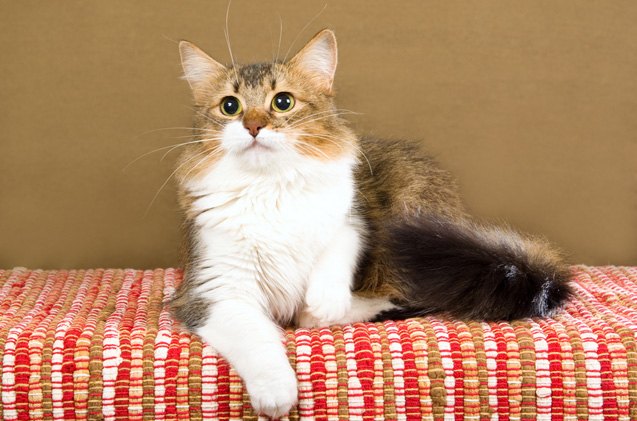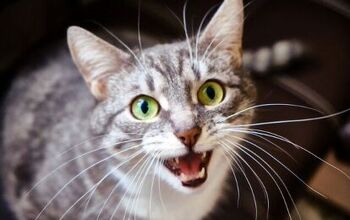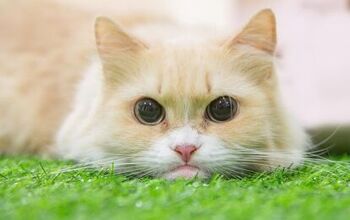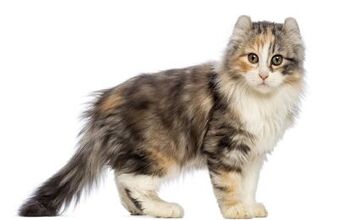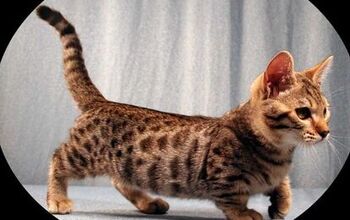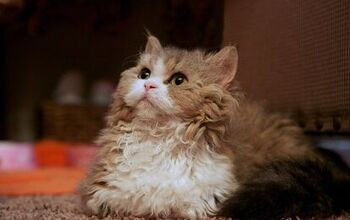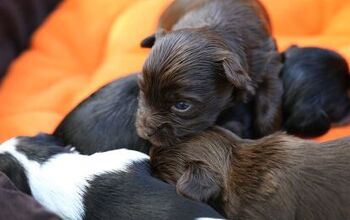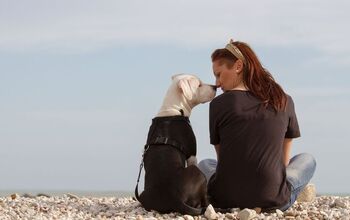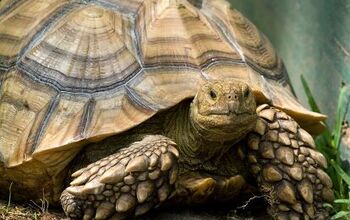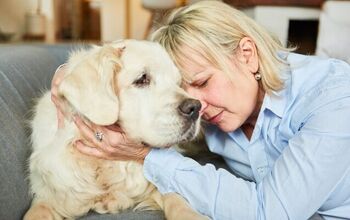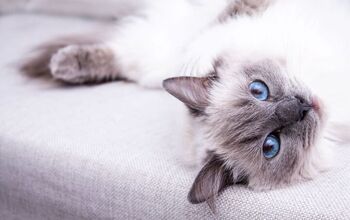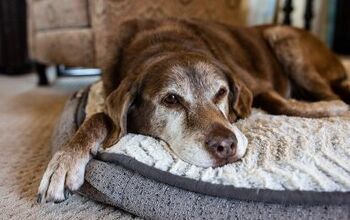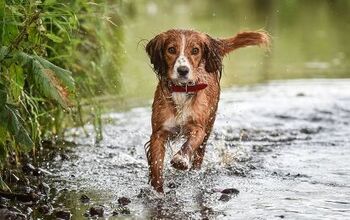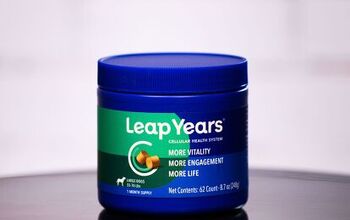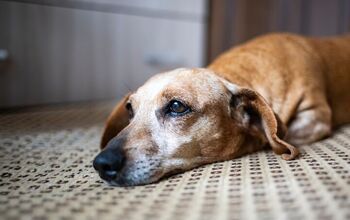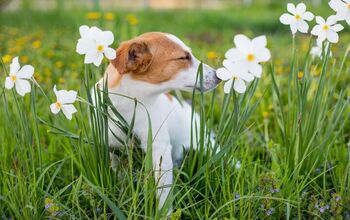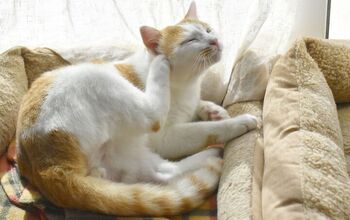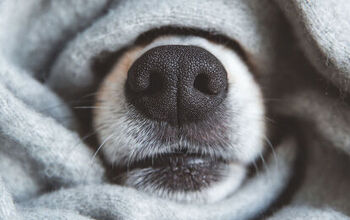Munchkin


About Munchkin
The first recorded reference to a short-legged breed of cats originates in the UK in the 1940s. This line apparently disappeared during World War II, but a similar cat was reported in 1953 in Stalingrad. In 1983, Sandra Hochenedel discovered “Blackberry,” the mother of the current Munchkin breed in Louisiana. Blackberry’s litters included both short and long-legged offspring until one of the kittens, Toulouse, was bred back to Blackberry to establish the true Munchkin breed. The short-legged characteristic is the result of a natural genetic mutation (achondroplastic dwarfism) and is similar to the mechanism that creates the short stature of canine breeds like the Dachsunds and the Corgi. Thankfully, however, the supple feline spine saves the Munchkin from the kinds of back problems these dogs experience. The breed’s name is a homage to the beloved Munchkin characters from the 1939 film, “The Wizard of Oz.”
Munchkins are fun-loving cats that scurry about on their short legs chasing toys and happily running around the house.
Munchkins are fun-loving cats that scurry about on their short legs chasing toys and happily running around the house. They have a charming way of sitting up on their hind legs when they want to see something better that makes them look like rabbits or kangaroos. Since many breeds have been used to achieve the Munchkin appearance, an individual cat’s personality can take on almost any trait, but on a whole, these cats have the reputation for being loving, sociable companions. They are also unusually confident and intelligent — adventuresome, in fact — perhaps because as dwarfs, they are forced to do more than an average amount of problem solving to do all the things they want to do simply because they’re cats! One particularly charming trait of the breed is their readiness to take on their long-legged feline counterparts in just about anything from a wrestling match to finding a way to reach their seemingly impossible vertical goals.
Munchkins are medium in size and appear quite “normal” apart from their stubby legs. Their front legs are, on average, 3 inches, with somewhat longer back legs. Neither the front nor the hind legs should be bowed or otherwise malformed. Their feet are compact and round. Munchkins have muscular bodies, but are moderately boned. They are however, quite strong, and tend to be extremely healthy. Their heads are a modified wedge, but with pleasantly rounded contours. Lovely almond-shaped eyes complete the sweet, at times whimsical expression for which this breed is known.
Munchkins appear in every combination of coat color and pattern, and have both short and long hair.
The Munchkin is not a high maintenance cat, although long-haired individuals may need more grooming to remove dead hair from the coat in order to avoid matting. These cats tend to be so social that most Munchkins enjoy being brushed or combed, which reduces shedding and makes the need for a bath a rare occurrence.
Photo credit: Linn Currie/Shutterstock

Amy Tokic, Editor of PetGuide.com, is a passionate animal lover and proud pet parent of Oscar, a Shih Tzu/Chihuahua cross, and Zed, a Japanese Chin. Her love of animals began in kindergarten, when she brought her stuffed dog Snoopy into class with her every day. Now, she writes about her adventures in pet ownership and tirelessly researches products, news and health related issues she can share with other animal enthusiasts. In her free time, Amy loves perusing used book and record stores, obsessing over the latest pet products available and chasing squirrels with wild abandon (a habit attributed to spending too much time with her pooches).
More by Amy Tokic



